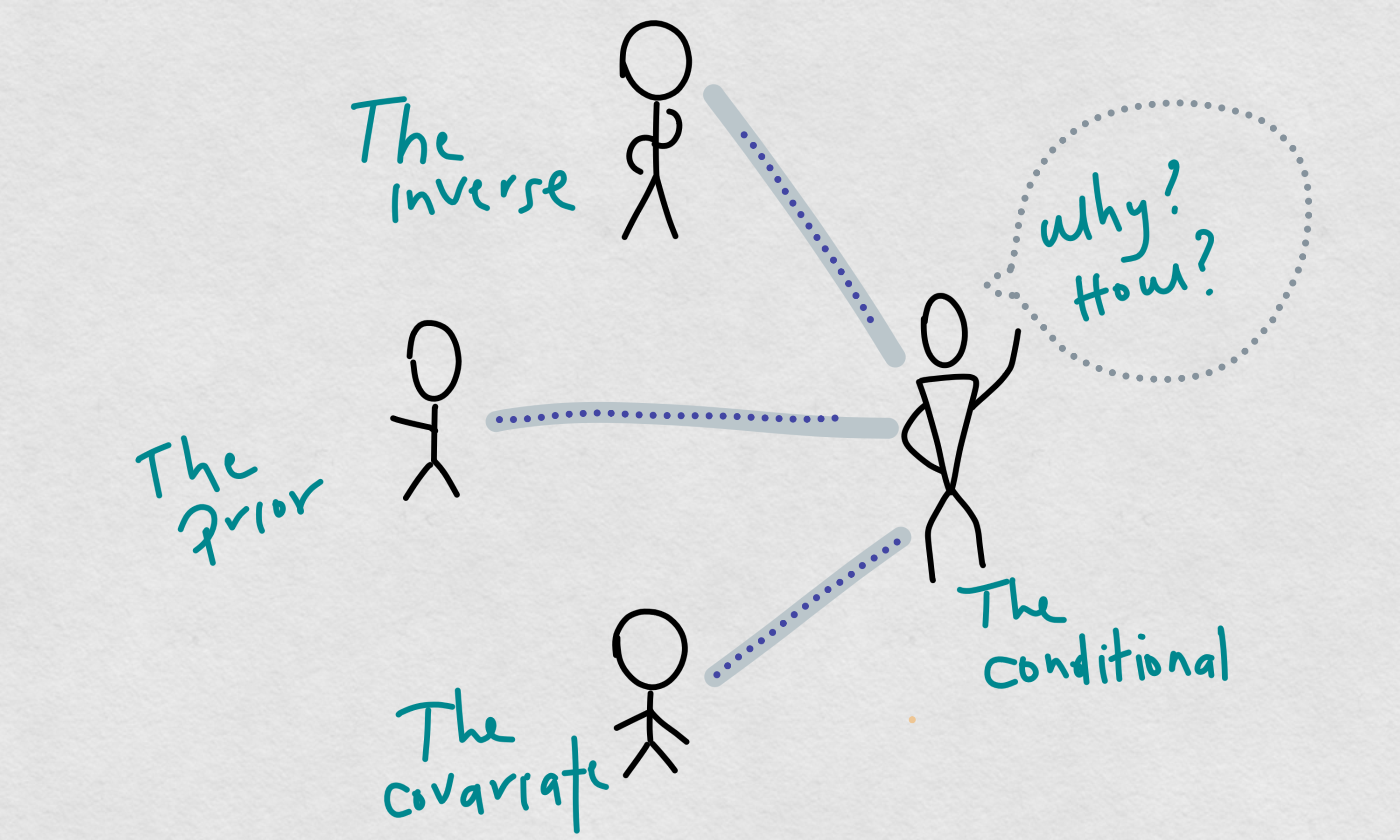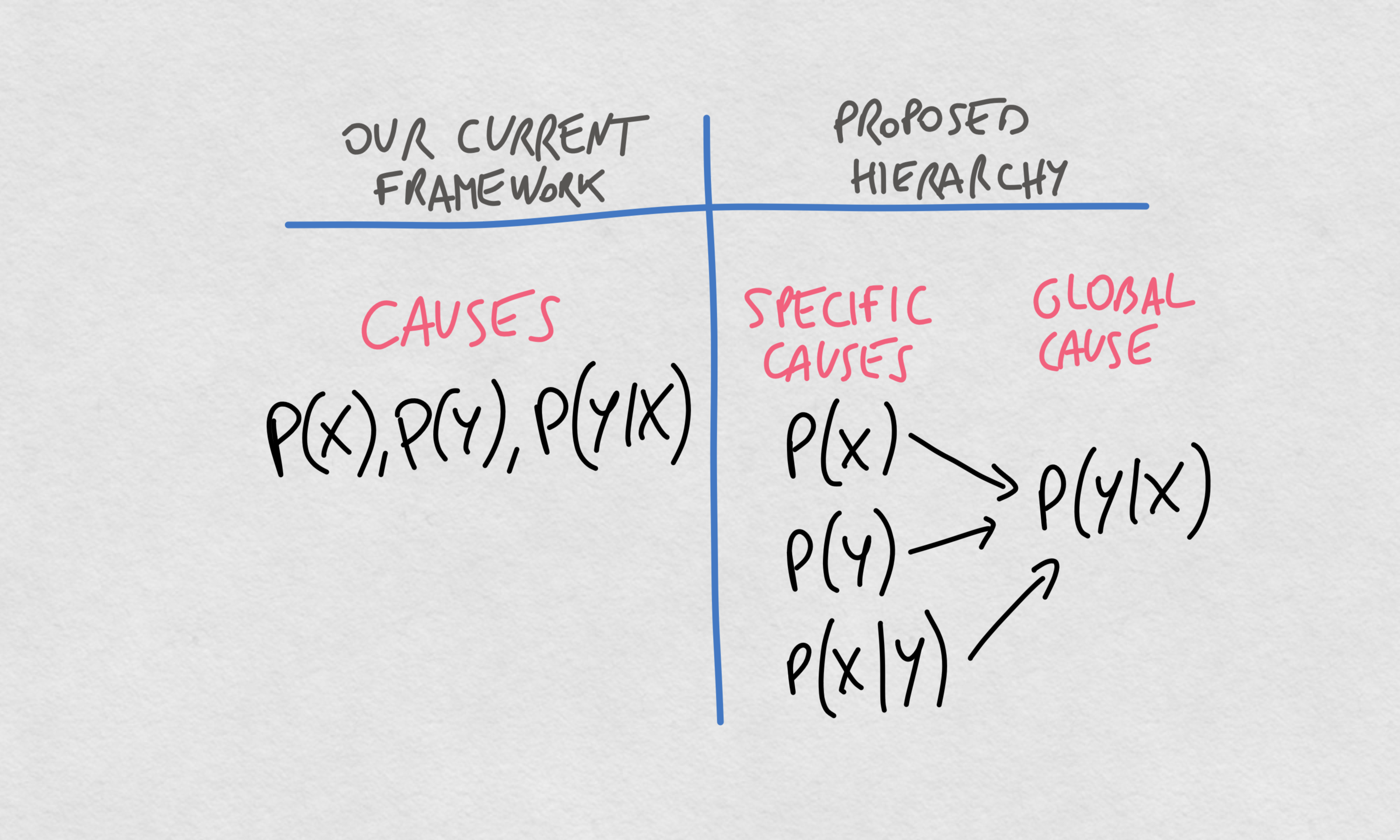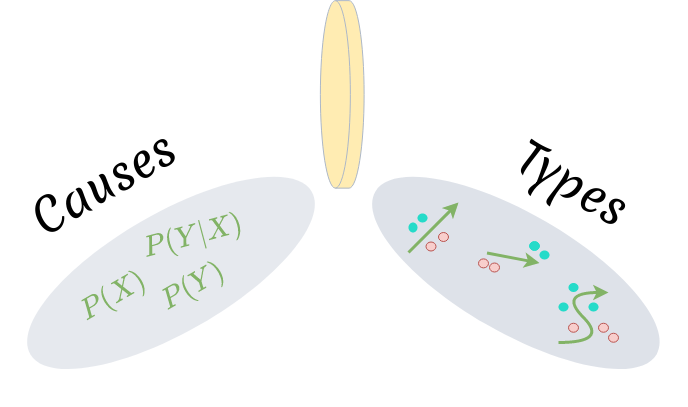Model Drift
-

3 essential methods to track model drift you should know
10 min read -

How the conditional probability changes as a function of the three probability elements
8 min read -

Taking a step back about the causes of model degradation
13 min read -

We know the causes, let’s talk about the types
7 min read -

Models that once did well may start to deteriorate. This is how you could stay…
7 min read -

Detect, analyze, and mitigate data and model drift in an automated fashion
18 min read